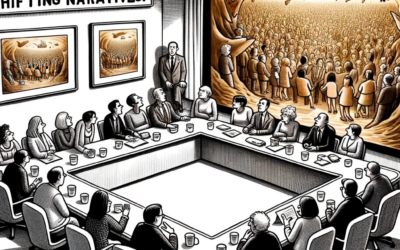A questions first, “How badly do you want to get your work done?” If you knew that if your co-workers did not do what they had agreed to do and that your business would fail tomorrow, you might decide that there are some additional ways to motivate your team to meet the requirement. Sometimes we just get tired, we don’t feel like chasing employees around, following up on requests, and finding out that they simply are disappointing you once again.
It becomes a contest of wills. Who will win out. You know if you give in to low performance behavior it is not the end of the beginning but the beginning of the end. And if you stay in this unproductive contest you will also lose your way on the path.
What is leading to this behavior of your team and your lack of results in motivating them to lean into the issue to help move it positively forward? Is it that you may be demonstrating similar behaviors in areas of your work that you are responsible for. I am not one who believes in the notion that leader should demonstrate by doing the same work as the troops. That is not the role of the leader, most of the time, it is however your role to demonstrate and live up to the values and culture that you want to create.
I know a company that decided in their strategic planning process that the number one attribute the company would focus on for their clients was timeliness. I then asked the group if they currently show up to meetings on time. They unanimously said, “No.”
You get the question. If you can’t show up on time and hold yourself responsible for meeting your own schedule, how are you ever going to do it for your clients projects. Additionally, you should not try to implement new processes until you handle the fundamentals around the attribute you’re trying to personify.
What are you doing to contribute to your staff not getting things done? My clients hate when I ask this of them. And what they hate even more is when I don’t except “nothing” as the answer. You’re the leader, not them. That means it is your job getting them to want to do it. If they are not doing it, it may just be your fault.



